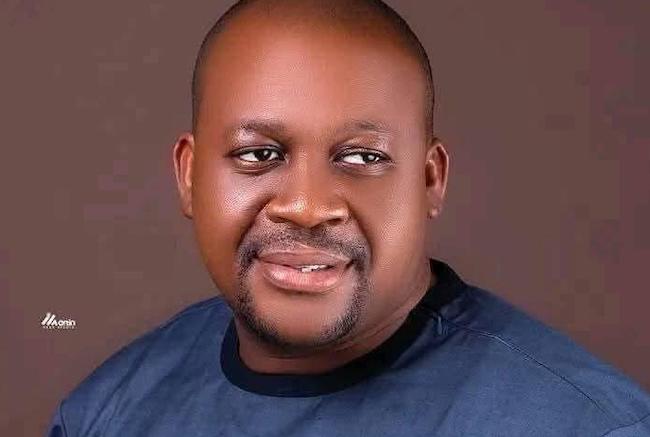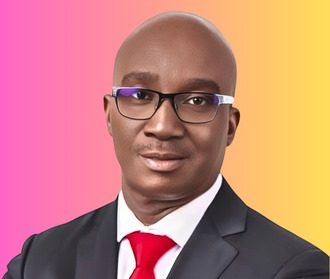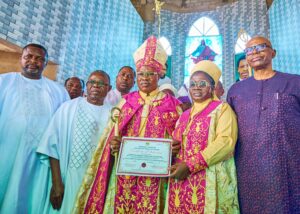Nigerian lawyers should never argue with judges, ex-NBA chieftain says
On Monday, Bayo Akinlade, convener of the Duty Solicitor’s Network, called for strict adherence to courtroom etiquette and decorum to sustain a cordial relationship between the bar and bench.
Mr Akinlade, a former chairman of the Nigerian Bar Association (NBA) Ikorodu branch, claimed the seemingly unhealthy relationship between the bar and bench is one reason the bench is undermined.
According to him, legal practitioners must understand that they owe a duty to promote the course of justice before their duty to clients.
Consequently, he called on Nigerian lawyers to observe all court
decorum and show respect for the bench as part of efforts to promote the course of justice.
“I have come to conclude that the general unhealthy relationship between judges and lawyers in the course of our professional interactions is one of the major reasons why the jjudiciary is generally undermined. I have experienced hostility from judges and magistrates, and I am sure I may have appeared rude and condescending to judges as well, so we all need a reset,” he said
Mr Akinlade noted that lawyers must strive to uphold court decorum as true ministers in the temple of justice to foster a long-lasting relationship in the judiciary.
The legal practitioner said, “Arguing with a judge is not our training. You do not argue but advocate in a courtroom. A judge is in charge of the court, and a lawyer is a minister in that court, serving the cause of justice for both the court and his client.
“The confusion with most lawyers is that we think that our first duty is to our clients when they are before a judge. No, a lawyer’s duty is to assist the court to arrive at a just conclusion of the issues before it, and not to misdirect the court in any way. Hence, a lawyer’s first duty is to meet the ends of justice for all involved.”
Mr Akinlade noted that there are procedures for addressing such issues for judges who cannot separate their beliefs from their duty as judges, adding that lawyers must never confront a judge in court.
“A lawyer should never confront a judge in open court but should use the mechanisms available to him to seek redress where such lawyer feels unjustly treated,” he advised. “Whether a judge or lawyer, we must understand that we are from the same profession. A judge is merely a public servant who will not always be a judge but will always be a lawyer.”
Mr Akinlade noted that being a judge is an appointment to serve the public, adding that such service is vital to maintaining law and order in society.
(NAN) Duty Solicitor’s Network, called for strict adherence to courtroom etiquette and decorum to sustain a cordial relationship between the bar and bench.
Mr Akinlade, a former chairman of the Nigerian Bar Association (NBA) Ikorodu branch, claimed the seemingly unhealthy relationship between the bar and bench is one reason the bench is undermined.
According to him, legal practitioners must understand that they owe a duty to promote the course of justice before their duty to clients.
Consequently, he called on Nigerian lawyers to observe all court
decorum and show respect for the bench as part of efforts to promote the course of justice.
“I have come to conclude that the general unhealthy relationship between judges and lawyers in the course of our professional interactions is one of the major reasons why the jjudiciary is generally undermined. I have experienced hostility from judges and magistrates, and I am sure I may have appeared rude and condescending to judges as well, so we all need a reset,” he said
Mr Akinlade noted that lawyers must strive to uphold court decorum as true ministers in the temple of justice to foster a long-lasting relationship in the judiciary.
The legal practitioner said, “Arguing with a judge is not our training. You do not argue but advocate in a courtroom. A judge is in charge of the court, and a lawyer is a minister in that court, serving the cause of justice for both the court and his client.
“The confusion with most lawyers is that we think that our first duty is to our clients when they are before a judge. No, a lawyer’s duty is to assist the court to arrive at a just conclusion of the issues before it, and not to misdirect the court in any way. Hence, a lawyer’s first duty is to meet the ends of justice for all involved.”
Mr Akinlade noted that there are procedures for addressing such issues for judges who cannot separate their beliefs from their duty as judges, adding that lawyers must never confront a judge in court.
“A lawyer should never confront a judge in open court but should use the mechanisms available to him to seek redress where such lawyer feels unjustly treated,” he advised. “Whether a judge or lawyer, we must understand that we are from the same profession. A judge is merely a public servant who will not always be a judge but will always be a lawyer.”
Mr Akinlade noted that being a judge is an appointment to serve the public, adding that such service is vital to maintaining law and order in society.
(NAN)













Post Comment